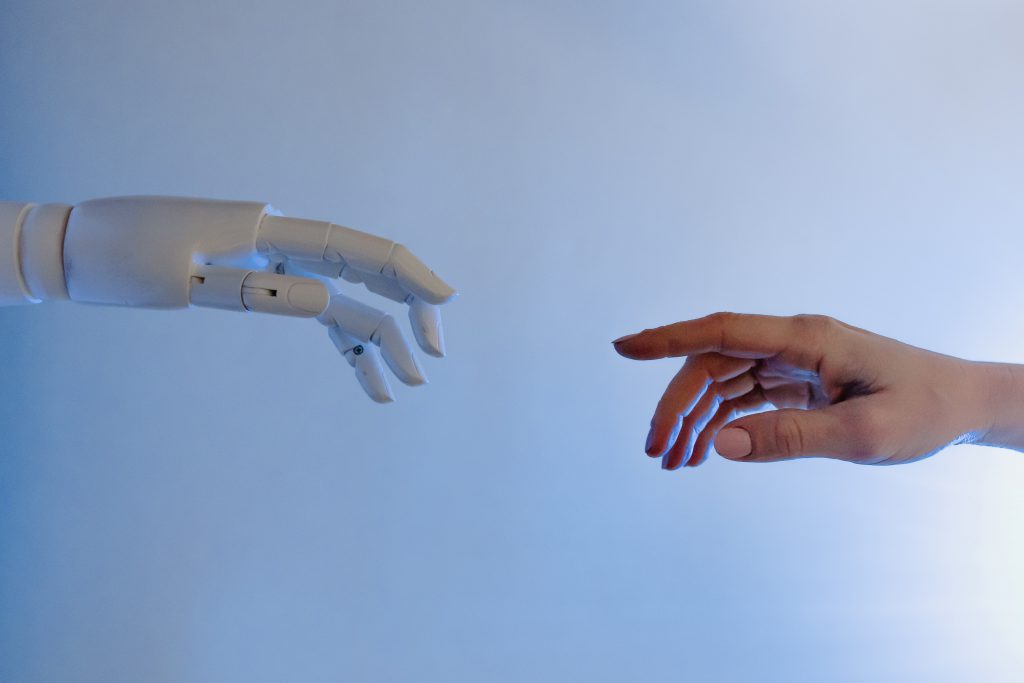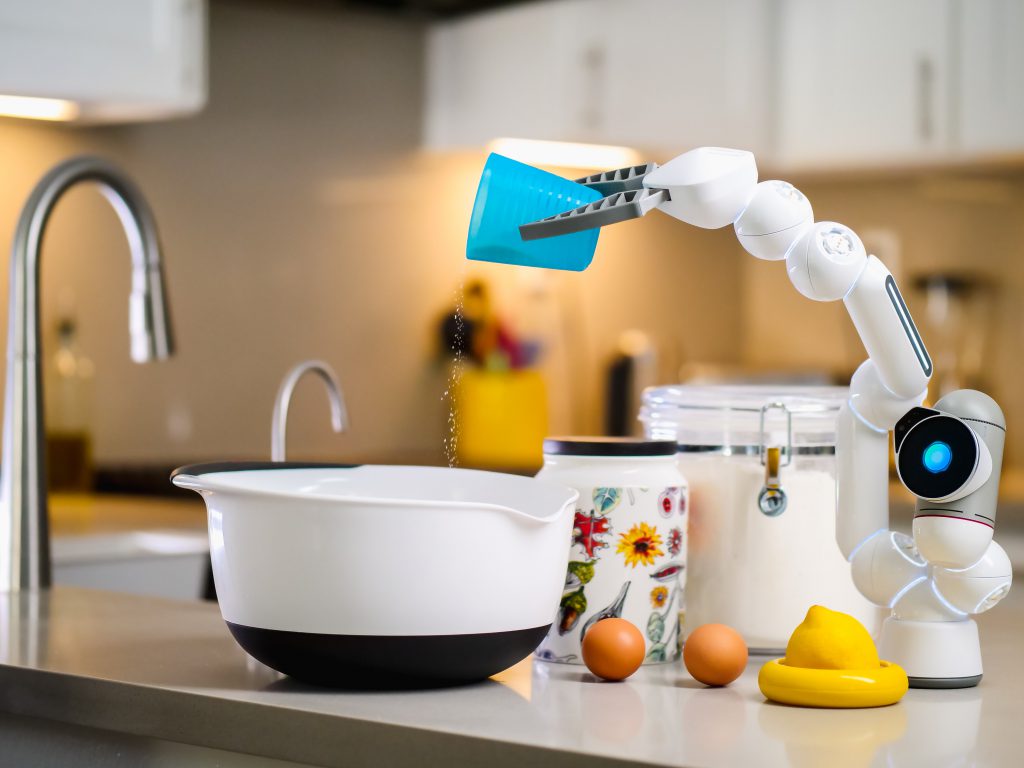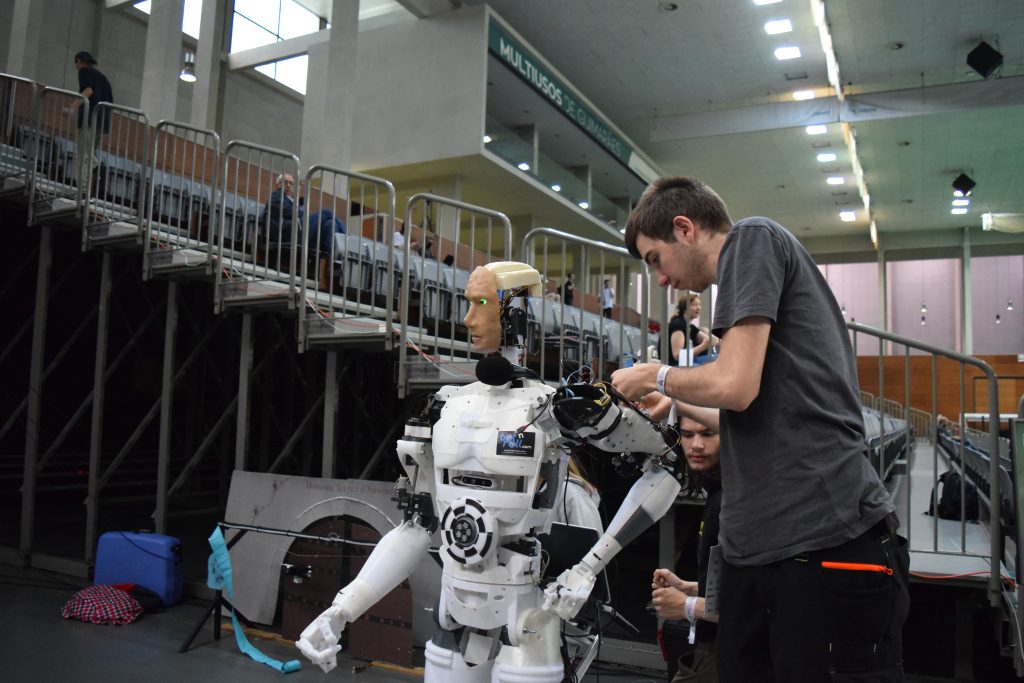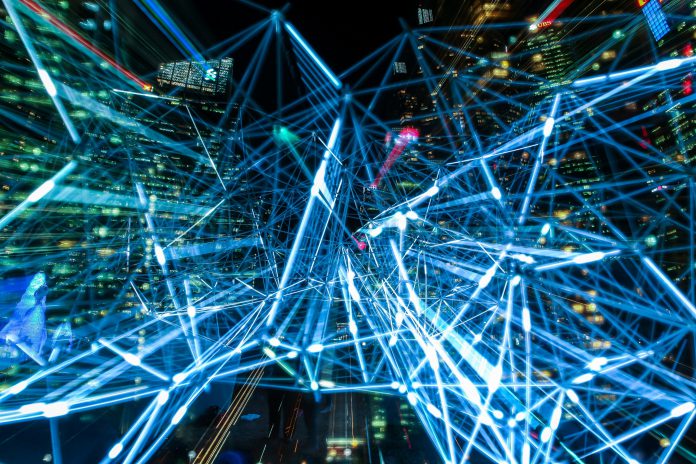Is AI replacing jobs now? Imagine losing your job to software or robots. What jobs are being replaced by technology and how do we prevent AI from taking over jobs in 2023?.
Several industries have recently switched or considered switching to AI with the advent of disruptive technologies. Granted, technology is progressively increasing productivity across the board, but to what end? Folks are questioning the future of AI technology. There are concerns, speculations, and predictions.
Firstly, let’s cover some of the fundamental aspects of AI.
What Is Artificial Intelligence?
American Computer Scientist John McCarthy defined Artificial Intelligence as ‘The science and engineering of making intelligent machines.’
Put simply, Artificial Intelligence is a branch of computer science that designs machines to think like human beings and copy human actions. The acronym AI is short for artificial intelligence.
There are four types of AI; Reactive AI, Limited memory AI, Theory-of-mind AI, and Self-aware AI.
When Did AI Become Popular?
Ever since the 1950s, scientists explored the possibilities of applying artificial intelligence to everyday human activities. From basic physical interactions to making business decisions and solving complex issues. In the 1980s, AI saw a quantum leap with the introduction and adoption of expert systems after several failed attempts by scientists to develop thinking machines.
Researchers are relentlessly seeking to unearth and implement artificial intelligence solutions to streamline human operations. On the other hand, investors are pumping millions of dollars into these AI projects and research to generate wealth.
Where Is AI Used Or Applied?

Artificial intelligence is applied in a number of industries and sectors—healthcare, agriculture, transportation, IT, etc. AI is applied to design humanoids, self-driving cars, speech recognition, and virtual assistants(like Siri and Alexa).
In finance, artificial intelligence is used to detect fraudulent activities, loan analysis, and stock trading. Healthcare sectors also utilize AI to streamline medical activities, diagnosis, surgical procedures, and documentation. Other areas of AI application include customer support and engagement, automated content creation, and journalism. As well as art generation which has taken the world by storm, gaming, linguistics, vision systems, etc.
AI branches include;
- Machine Learning
- Deep Learning
- Natural Language Processing
- Robotics
- Expert Systems
- Fuzzy Logic
How Is AI Replacing Jobs In The Future?

With the increasing emergence of AI tools or platforms for securing data, identifying security threats, and maximizing all round efficiency—which is human jobs, why then do we need humans?. If AI technologies can conduct surgeries and provide life-changing solutions by simply mimicking human cognitive abilities, it essentially means that AI will take away jobs.
If we were to hazard a guess about the future of artificial intelligence, it’s not that hard to predict what will happen in 2023 and beyond. Every significant technological advancement in the future poses a threat to human employment. Presently, it already puts millions of people at risk of unemployment.
What Jobs Will Be Replaced By AI?
- Data entry
- Market Research Analyst
- Commercial Drivers
- Customer Service
- Sales Representatives
- Copywriting and Proofreading
- Industrial Workers
- Truck Drivers and Heavy Equipment Operators
- Visual Artists
- Administrative or Clerical Jobs
Jobs That AI Cannot Replace

Most people overlook the positive aspect of AI replacing jobs in the future. Not all jobs will be displaced by technology—if anything, more jobs will be created. The question is, how will AI create jobs?.
Some of the menial jobs that technology is currently displacing will enable industries to focus on other roles that require expertise and proficiency. Thereby streamlining workflow as well as business processes.
As human labor gradually phases out with the dawn of disruptive technology, automated jobs will most likely usher us into uncharted territories. There’ll equally be massive job creation as these systems, software and machines will require humans to design and maintain them.
Also, no matter the levels of technological advancement the world reaches, artificial intelligence cannot completely eradicate humans. The reason is human cognitive functions and physiological responses are required to carry out complex, creative, and emphatic roles. While AI will primarily make jobs more efficient, it cannot take the place of human emotion, intelligence, and interactions.

